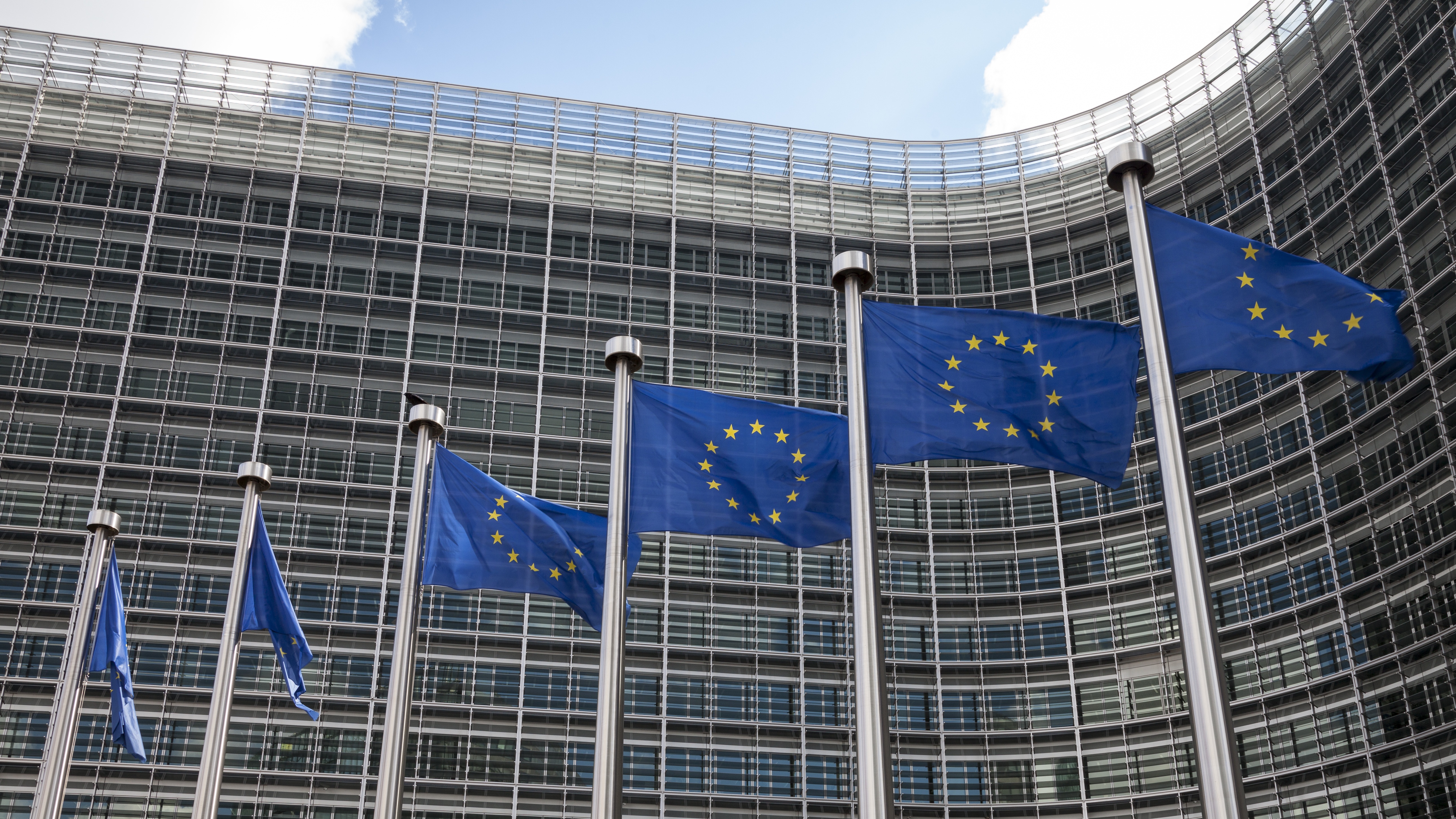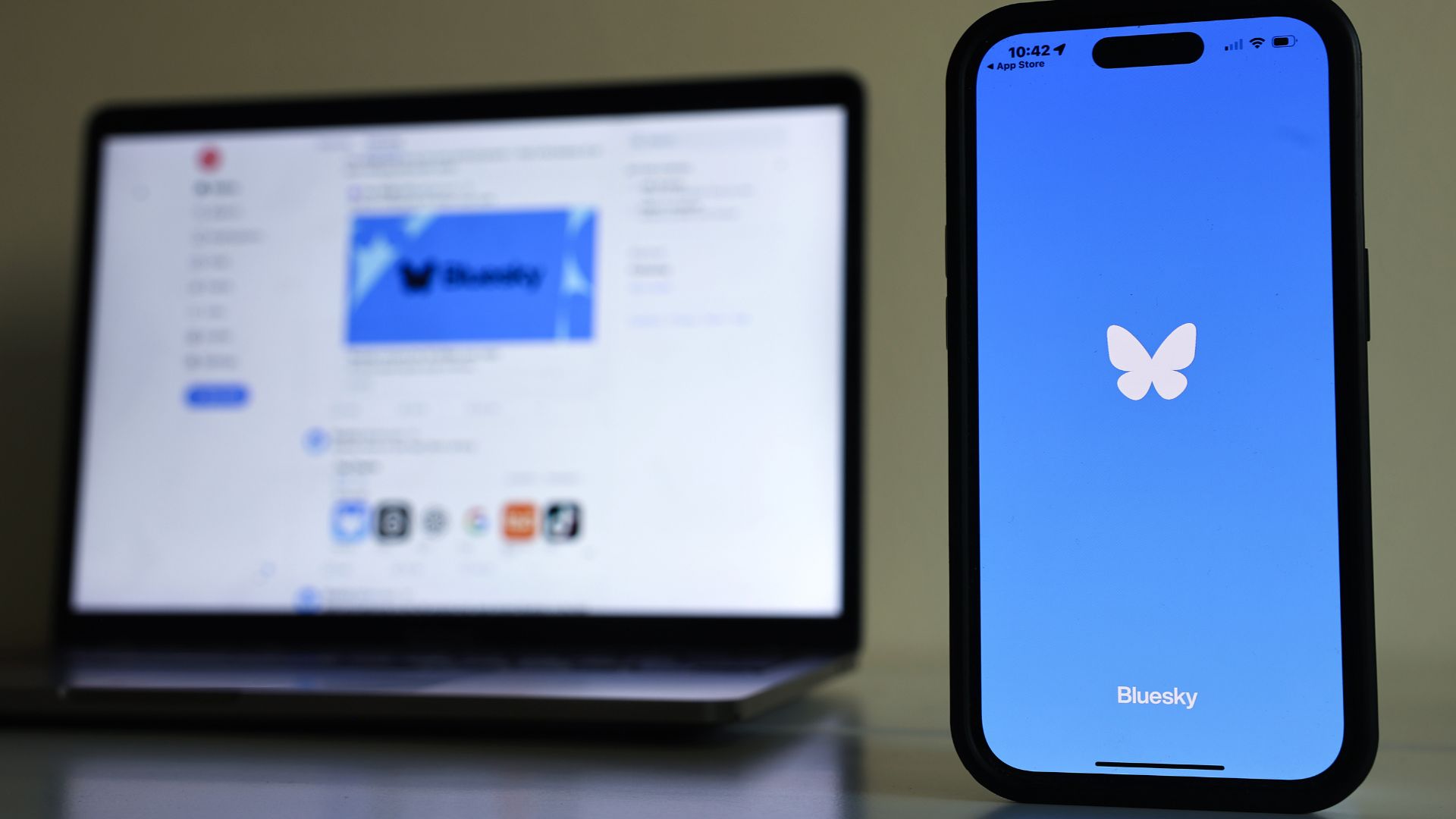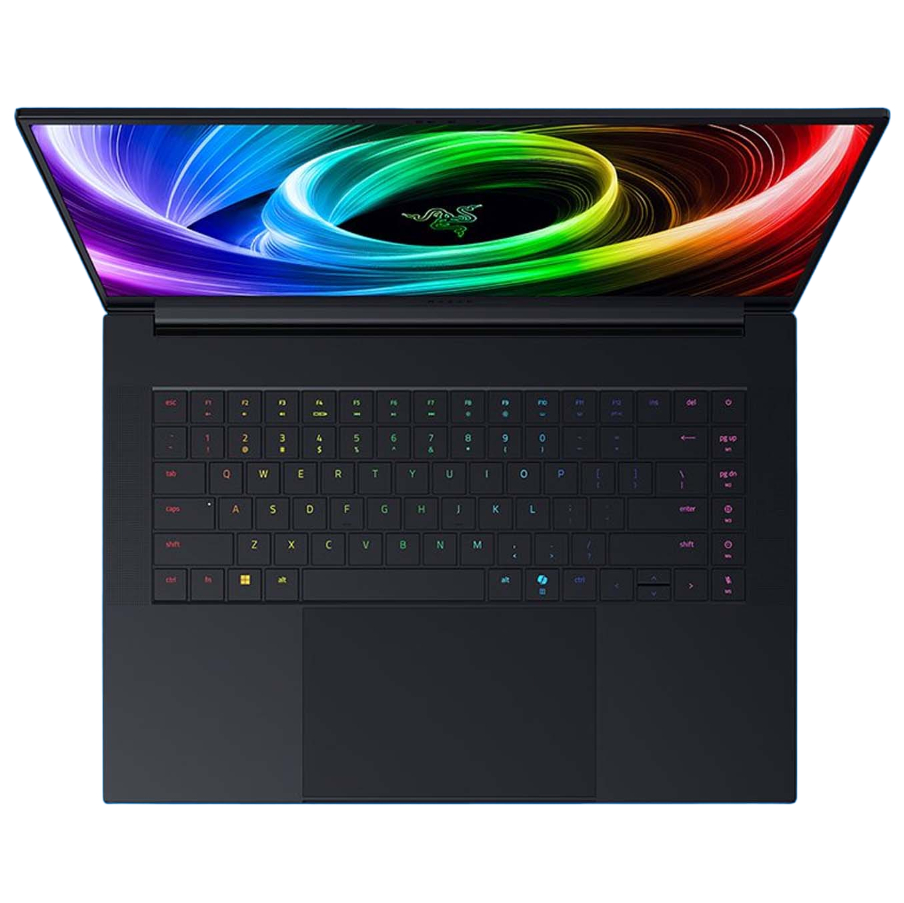
Keep up to date with the most important stories and the best deals, as picked by the PC Gamer team.
You are now subscribed
Your newsletter sign-up was successful
Want to add more newsletters?

Every Friday
GamesRadar+
Your weekly update on everything you could ever want to know about the games you already love, games we know you're going to love in the near future, and tales from the communities that surround them.

Every Thursday
GTA 6 O'clock
Our special GTA 6 newsletter, with breaking news, insider info, and rumor analysis from the award-winning GTA 6 O'clock experts.

Every Friday
Knowledge
From the creators of Edge: A weekly videogame industry newsletter with analysis from expert writers, guidance from professionals, and insight into what's on the horizon.

Every Thursday
The Setup
Hardware nerds unite, sign up to our free tech newsletter for a weekly digest of the hottest new tech, the latest gadgets on the test bench, and much more.

Every Wednesday
Switch 2 Spotlight
Sign up to our new Switch 2 newsletter, where we bring you the latest talking points on Nintendo's new console each week, bring you up to date on the news, and recommend what games to play.

Every Saturday
The Watchlist
Subscribe for a weekly digest of the movie and TV news that matters, direct to your inbox. From first-look trailers, interviews, reviews and explainers, we've got you covered.

Once a month
SFX
Get sneak previews, exclusive competitions and details of special events each month!
Over the last few months we've seen the EU ramp up its efforts to tackle the possible harms of the online landscape, whether that's the threats that AI poses or threats to minors. On the latter point, gacha and Overwatch gamers need to batten down the hatches because it looks like the political bloc might be coming for your loot boxes. Well, if you're a minor, anyway.
An EU committee—the Internal Market and Consumer Protection Committee—today adopted a report by popular vote that encourages the European Commission (EC) to tackle several harms that minors face online today. The vote to adopt the report passed with "32 votes in favour, 5 against and with 9 abstentions".
And in addition to proposing a minimum age of 13 for kids to access social media with parental permission, or age 16 without that permission, and some other recommendations, the committee also recommends a loot box ban.
The EC should, the committee says, "ban gambling-like mechanisms such as 'loot boxes' in games accessible to minors."
That's in addition to several other things, such as banning sites that endanger minors, "engagement-based recommender algorithms" for minors, and monetisation or other material incentives for minor influencers.

"MEPs support the idea that persuasive technologies, such as targeted ads, influencer marketing, addictive design, loot boxes and dark patterns, be tackled under the future Digital Fairness Act. The report calls for EU action to address manipulative features like infinite scrolling, autoplay, disappearing stories, and harmful gamification practices that deliberately exploit minors’ behaviour to boost engagement and spending."
That includes loot boxes, general social media access, and even "video sharing platforms and AI (artificial intelligence) companions." The latter two should, the committee recommends, face the same age 16 restriction as social media in general.
Keep up to date with the most important stories and the best deals, as picked by the PC Gamer team.
Call me a fuddy-duddy (and certainly call me one for using that phrase) but this all seems reasonable to me. The EU has been on a bit of a roll lately, pushing for more IP protections in the face of AI and fining big tech companies for breaking privacy and anti-competitive rules. Adding protecting the mental health of minors onto the list is both unsurprising and nevertheless laudable.
That's especially true given the solid research that shows all the harms that can be done by being exposed to various stimuli so early on in life. Our brains weren't designed to develop while being exposed to such superstimuli as constant (positive or negative) attention from multitudes of semi-anonymous people on social media.

Currently countries can set their own age restrictions on social media, and of course social media companies tend to set their own age restrictions to use their platforms and have their own rules for age verification. Earlier in the year the European Commission introduced new guidelines on the protection of minors under the Digital Services Act, but these are just guidelines and aren't binding. These new committee recommendations seem to encourage the Commission to take a more active role in enforcing some more definite restrictions.
And regarding loot boxes, I'm just glad I grew up gaming on PC before those became a thing. My spending habits aren't amazing at the best of times, so who knows what they'd be like if I'd been trained to gamble for quick and easy dopamine during my mind's most formative years.
All this being said, I have to balance praise for the sentiment with a note of caution about the application. The committee's report "supports the Commission’s efforts to develop privacy-preserving age assurance systems, while warning that such measures must respect children’s rights and privacy, and do not absolve platforms of the responsibility to make their services safe by design."
The latter portion of this is worth highlighting, and not treating as a platitudinal add-on to gloss over. Age verification and even human verification is a hot topic of late, as is digital ID in general, and we need to ensure we're balancing the very real benefits of online restrictions with the potentially very real harms of ID checks and verifications. I have no answers, there are just pros and cons to weigh, and hopefully solutions that can keep the scales nice and balanced.

1. Best overall:
Razer Blade 16 (2025)
2. Best budget:
Lenovo LOQ 15 Gen 10
3. Best 14-inch:
Razer Blade 14 (2025)
4. Best mid-range:
MSI Vector 16 HX AI
5. Best high-performance:
Lenovo Legion Pro 7i Gen 10
6. Best 17-inch:
Gigabyte Aorus 17X

Jacob got his hands on a gaming PC for the first time when he was about 12 years old. He swiftly realised the local PC repair store had ripped him off with his build and vowed never to let another soul build his rig again. With this vow, Jacob the hardware junkie was born. Since then, Jacob's led a double-life as part-hardware geek, part-philosophy nerd, first working as a Hardware Writer for PCGamesN in 2020, then working towards a PhD in Philosophy for a few years while freelancing on the side for sites such as TechRadar, Pocket-lint, and yours truly, PC Gamer. Eventually, he gave up the ruthless mercenary life to join the world's #1 PC Gaming site full-time. It's definitely not an ego thing, he assures us.
You must confirm your public display name before commenting
Please logout and then login again, you will then be prompted to enter your display name.

